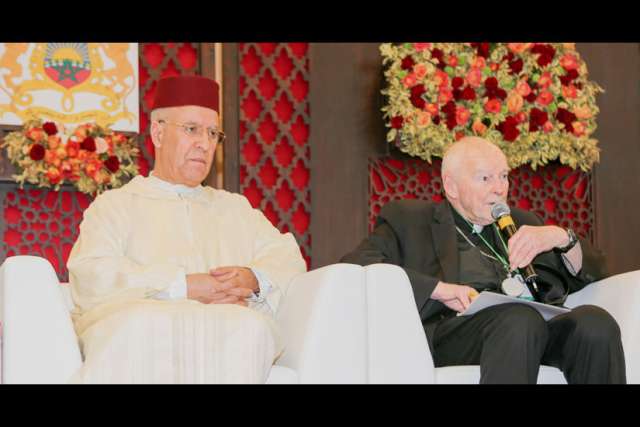More obvious words have seldom been spoken, of course. But they deserve applause just the same. The oppression of religious minorities in the name of Islam — from simple discrimination and imprisonment to killings to religious and cultural genocide — is a scourge on the 21st century that will continue unless peaceable Muslims rally to end it. So the Marrakesh Declaration, signed Jan. 27 in Morocco by leaders from 120 predominantly Muslim states, merits praise and support as a vital step towards peaceful coexistence.
The declaration was written to honour the Medina Charter, which Muslims believe was penned 1,400 years ago by the Prophet Muhammad to assure religious liberty for the people of the multi-religious state of Medina. The Marrakesh Declaration revives that spirit and acknowledges that modern extremists have created a crisis by using warfare to undermine legitimate governments, terrorize citizens and enforce a rigid interpretation of the Quran that distorts Islamic principles. It unequivocally affirms that it is “unconscionable to employ religion” as justification to persecute minorities, and urges Muslim states to reject bigotry and violence, while enshrining religious rights.
These sentiments have been expressed often by Western leaders and moderate Muslims. But a joint declaration of this clarity and breadth from religious and political leaders representing most of the Muslim world is unprecedented.
American Cardinal Theodore McCarrick, among 50 non-Muslim religious leaders at the conference, called it a “truly great document, one that will influence our times and our history.” Whether the document’s grand words will provoke real change remains to be seen, but the cardinal is certainly correct to call it a “document that our world has been waiting for.”
Declarations alone won’t strip weapons from terrorist organizations like the Islamic State, al-Qaeda, Boko Haram and al-Shabab, but perhaps strong words can begin to disarm their legitimacy. That is why this declaration can become important. Repeated often and widely enough with conviction, maybe these decent words by well-intentioned men can spark a groundswell to isolate the fundamentalists from ordinary Islamic society. Jihadist armies rely on sympathizers and radicalized recruits. These people need exposure to sincere teachings of respect and tolerance from their political and religious leaders. This declaration sketches a blueprint for that message.
Much of the world regards Islamism and its war on others as a global cancer. The Marrakesh Declaration alone is no cancer cure but it offers encouragement that a cure may some day be found.


